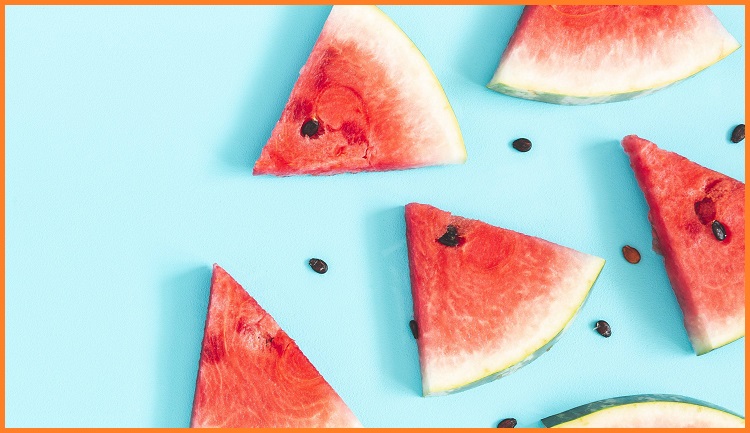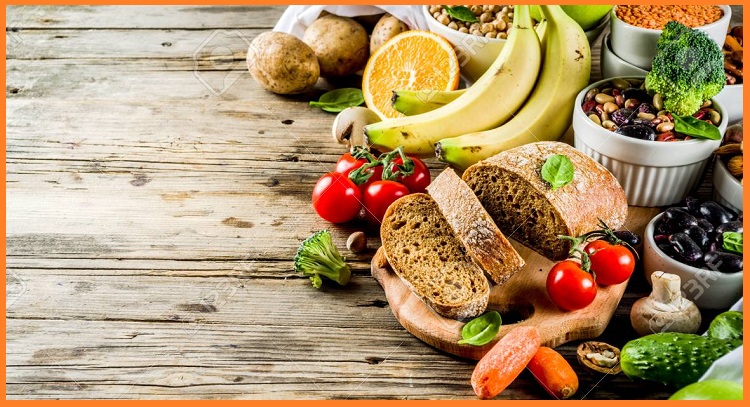Studies have shown that eating watermelon may help support a healthy weight management program. However, there are many factors that should be considered before choosing a particular fruit. The first is the satiety of watermelon. Several sources of satiety have been identified, and watermelon is one of the most nutritious fruits available. Its low sugar content, low sodium content, and fiber content make it an excellent choice for weight loss.

Fiber content varies between fruit. In general, watermelon is higher in soluble than insoluble fiber. A cupful of diced watermelon has only 0.6 grams of dietary fibre. In comparison, a serving of cantaloupe, casaba melons, and honeydew contains 1.4 grams of dietary fat. However, despite the lower amount of fiber in this fruit, it does contain some, which may be enough to be beneficial for your diet.
It also contains a good amount of beta-carotene, which is found in red-orange fruits. In terms of dietary fiber, watermelon contains only 2 grams of carbohydrate per cup. The majority of watermelon’s sugars are glucose and fructose, with a small proportion of other types. Compared to other berries, watermelon is lower in fiber.
While watermelon is low in fiber, it contains a lot of antioxidants that can prevent the development of cardiovascular disease and high blood pressure. In addition, its water content provides electrolytes and phosphorus, which is essential for heart health. The fruit is low in calories, fat, sodium, and other nutrients. The good news is that it is cholesterol and sodium-free, making it a healthy snack during the summer months.
Watermelon is an excellent fruit for diabetes and is rich in vitamin A. It has a high fiber content and may be a good option for people with type 2 diabetes. It is also packed with potassium, which supports the heart and kidneys and reduces bloating. While it is high in fiber, it is also high in fructose. If consumed regularly, it is thought to help reduce the risk of colorectal cancer and improve blood pressure.
Watermelon has a high fiber content and is low-calorie. It is highly nutritious and can be eaten as a part of a meal or as a snack. It can also help with blood pressure, and is a great choice for summer picnics. Its sweet taste makes it a perfect snack. It is an ideal food for the hot summer months. Besides being hydrating, watermelon is also low in calories.
A watermelon drink can be a great source of fiber. The citrulline in the fruit helps to increase the production of nitric oxide, a substance that reduces heart work and increases blood flow. As a result, drinking watermelon juice can help you recover from exercise faster, and it is also good for your health. You can also juice watermelon. It contains little to no sugar, and is a great way to minimize waste.
Watermelon is low in calories and has almost no fiber. It provides only about 0.4 grams of fiber per cup. It contains mostly water, carbohydrates, and a very small amount of fat. The carbohydrate content is very low in watermelon, which is why it is a healthy choice for those looking to eat the fruit in moderation. In addition, it contains some of the important nutrients that are needed for healthy digestion and a healthy skin.
Watermelon is rich in fiber and is the only fruit that has prebiotics. Prebiotics help boost digestion and are linked to a positive mood. These bacteria are present in most fruits and vegetables, including watermelon. They help the body absorb vitamins, minerals, and amino acids. And, of course, they help control blood glucose levels. And, because 90% of the fruit is water, watermelon is a great choice to increase your daily intake of fiber.
In addition to fiber, watermelon also contains omega-3 fatty acids. The seeds of watermelon are not digested, so they are not a good source of protein. It is also difficult to find fiber in watermelon, so it is best to shell the seeds and sprout them before eating. Moreover, it contains almost no fat. The fat content in this fruit is minimal at 0.056 grams per cup. It is mostly polyunsaturated, and may lower the risk of heart attack, stroke, and high blood pressure.



